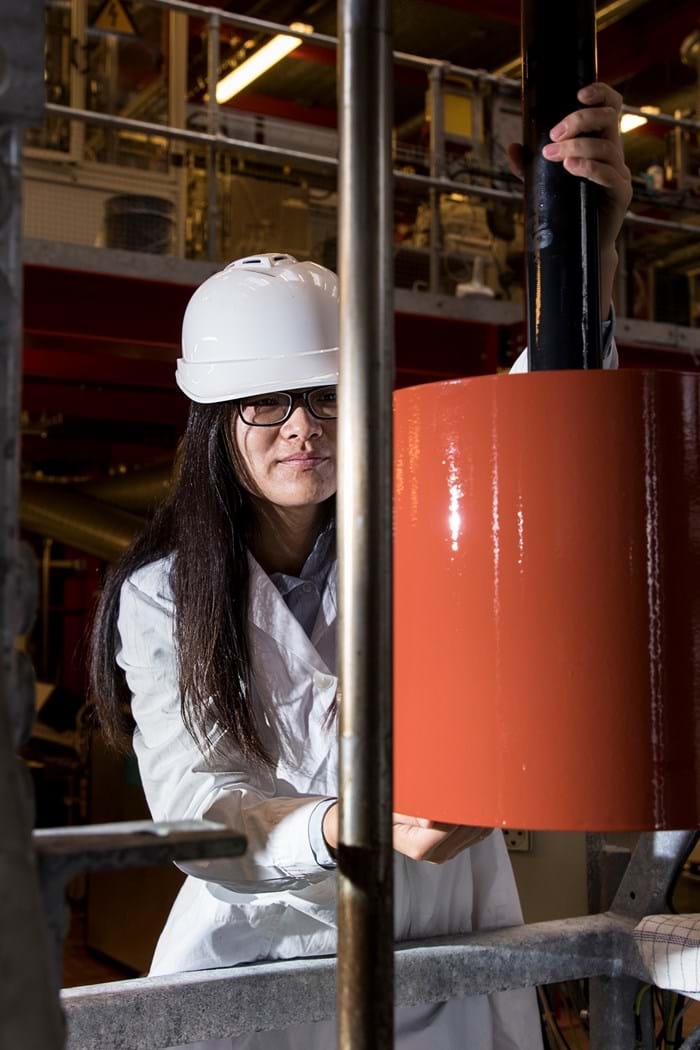Q&A on coatings
-
Coating is the treatment of a surface that influences how long a ship, a bridge or any other structure can withstand weather and wind, salt water, extreme heat or anything else that may lead to the decomposition of a material.
In other words, coating is the means with which we best extend the service life of our plants and machines. It also enables us to give a surface a function: for example, to reduce pollution, increase fire safety or reduce algae fouling on ships’ hulls below the waterline etc. -
- Anti-corrosiv coating protects ships, rigs, bridges and more against corrosion (rust)
- Chemical- and abrasion resistant coatings protects steel tanks, turbines and more against chemical or frictional tear
- Coatings for passive fire protection swells at extreme temperatures and prolongs the strength of a building in case of fire - thus giving more time for evacuation
- Erosion resistant blade coating for wind turbines reduces the tear of raindrops giving wind mills a longer life span
- Fouling control coatings prevents bio-fouling on ship hulls and thereby reduces friction and thus fuel emission significantly
- Thermal insulation coating can reduce the heat/energy loss in pipes

